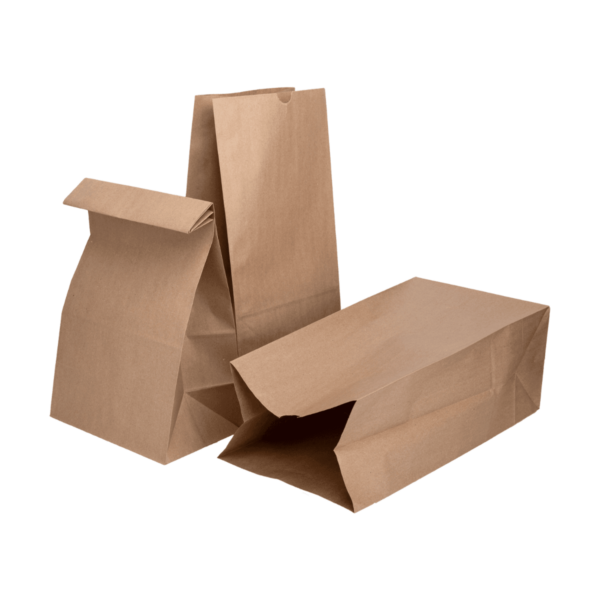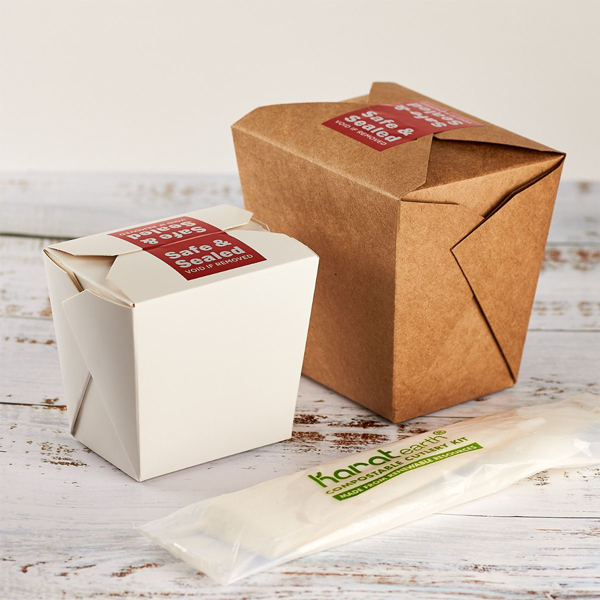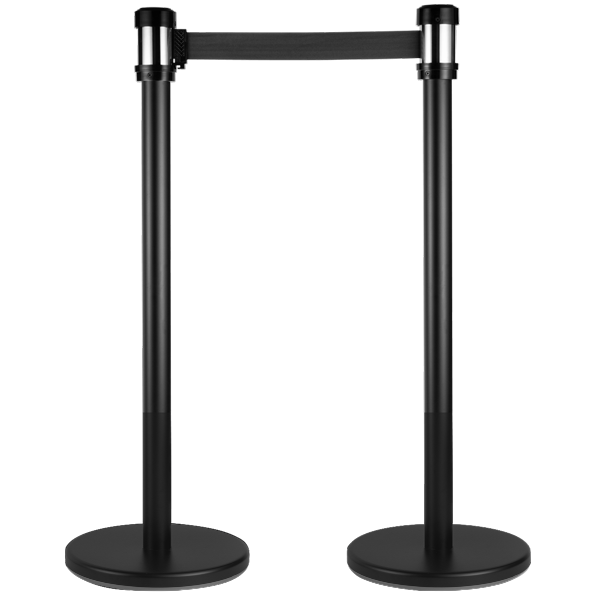Raw Materials Hit Record Highs
The cataclysmic effects of the pandemic meant exponential inflation rates, record-breaking supply chain delays, labor shortages, and product shortages. Experts estimated our supply chain would start to normalize by the second half of 2022 and then there were new coronavirus outbreaks in China1 and an energy crisis that threw the target off into the unforeseeable future. When the world’s largest producers have issues that affect production facilities, a new set of problems are created for manufacturers and distributors like Karat by Lollicup.
Raw Material Costs Breaking Records
The labor market has improved and businesses are finally equipped with adequate staffing; however, a surge in raw material costs and a shortage of supply continues to put a strain on manufacturers. In order to produce to go packaging and cups, Karat by Lollicup uses aluminum, paper and plastic resin. These critical materials have all reached record-high and the market does not show signs of slowing.
Aluminum prices surged to its highest price since the Great Recession in 20082. Global supply and output are significant drivers of this price hike; this includes reduced production in China, the world’s largest producer, beginning in 2021 and sanctions against Russia, a major aluminum producer, beginning in February this year. The unpredictability of aluminum prices has caused current producers to stop providing order quotes, which makes it difficult for manufacturers to plan product costs.
Paper pulp, used for many eco-friendly packaging products, reached a high after another 10% increase in February, totaling a 60% increase over a period of 12 months. The trends for environmentally friendly packaging and heavy online shopping have increased the demand for paper material3.
Plastic resin supply is sufficient, but the ocean freight issues are still affecting how long it takes to get to manufacturers. Increasing oil prices and demand for PE and PP materials may give producers leverage to increase prices4 even more after an already 6% increase last year.
Supply Chain Sees No Sign of Relief
The largest concern last year for US manufacturers and distributors was the delays in the supply chain. Cargo ships were stuck waiting up to a month at sea. To alleviate the bottlenecks, railways have been used more and led to higher prices5. This combined with a recent rail service delay from the west coast to Dallas, has added to the chaos and costs.
Another consequence of the Russia-Ukraine conflict is diesel fuel; prices surged to yet another record-high6. Fuel costs are already reflected in the cost of shipping both on land and sea. Ocean freight from Asia is forecasted to increase again in April or May.
Karat by Lollicup Strategies to Protect Customers
The goal for Karat by Lollicup is to avoid price increases as much as possible for customers, but the significant rise in raw material costs may result in future price increases for to-go packaging. Nevertheless, as a well-versed large distributor, are working to combat additional increases caused by logistical issues. Our capacity at domestic warehouses located in South Carolina and Hawaii enables us to stock larger supplies and we are increasing our in-house fleet by 27% to escalate the efficiency of transporting products across the US.
Karat by Lollicup is planning ahead for the busy summer season by bringing in additional inventory of boba supplies and clear plastic cups. Customers can have peace of mind knowing they do not have to struggle sourcing food service supplies from multiple vendors because we have added hundreds of new products including, larger sizes of eco-friendly SOS and paper shopping bags, several styles of disposable face masks, safety items like tamper-evident stickers, and even guidance stanchions to maintain order.



The market is uncertain right now, but you can be certain Karat by Lollicup works hard to deliver the highest service to its customers.
For more information about the latest news and trends, check out https://www.karatpackaging.com/latest-news/.
Resources
1 Jie, Yang and Kubota, Yoko (2022, March 14) Covid-19 Shuts Down Plants in China, Hitting Apple Supplier Foxconn, Auto Makers. The Washington Post. https://washingtonpost.com/business/2022/03/08/russia-oil-imports-ban/
2 Hobson, Peter (2022, February 8) Aluminium prices hit their highest since 2008. Reuters. https://www.reuters.com/markets/europe/tight-supply-drives-aluminium-towards-13-year-high-2022-02-08/
3 (2021, December 21) Commercial Paper Market Trends: What’s the Outlook in 2022?. PCI Group. https://pcigroup.com/paper-market-trends-whats-the-outlook-in-2022/
4 Staff (2022, March 9) Resin Report: Demand Surges, Prices Rise, as War in Ukraine and Sanctions Take Their Toll. Plastics Today. https://www.plasticstoday.com/resin-pricing/resin-report-demand-surges-prices-rise-war-ukraine-and-sanctions-take-their-toll
5 Finn, Teaganne (2022, March 7) Resin Report: Demand Surges, Prices Rise, as War in Ukraine and Sanctions Take Their Toll. NBC News. https://www.nbcnews.com/politics/politics-news/biggest-railroad-companies-profiting-supply-chain-crisis-watchdog-alle-rcna18885
6 Staff. Diesel Prices Rise Again. Multi Service Fuel Card. https://www.multiservicefuelcard.com/diesel-prices-rise-again/

